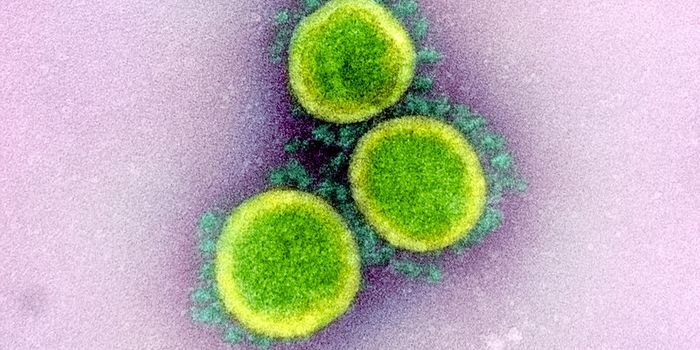Plants & Animals
Two Capybaras Escape Toronto Zoo, One Captured and One Still At Large
Kerry received a doctorate in microbiology from the University of Arkansas for Medical Sciences.









